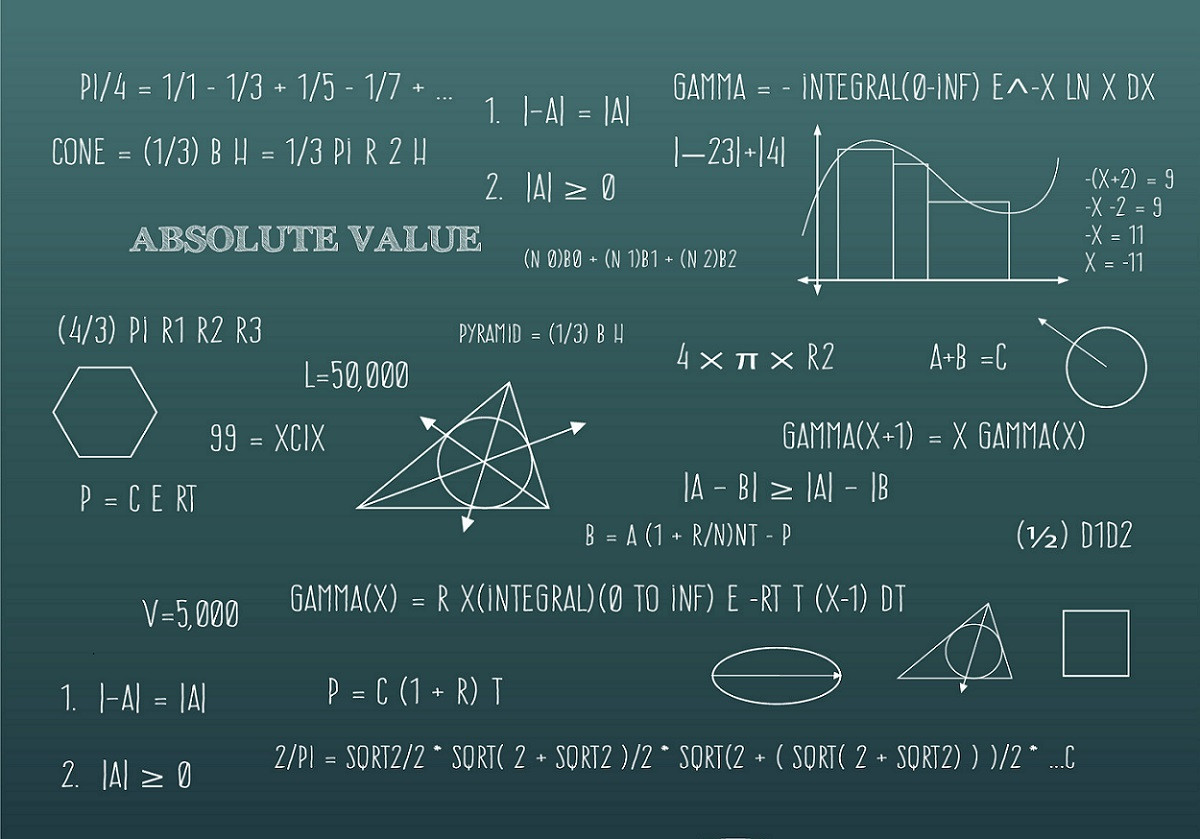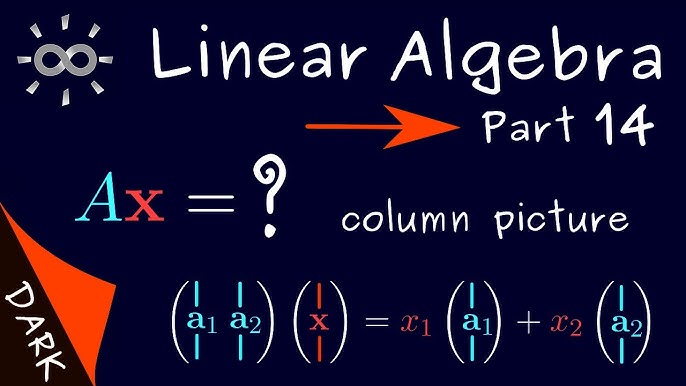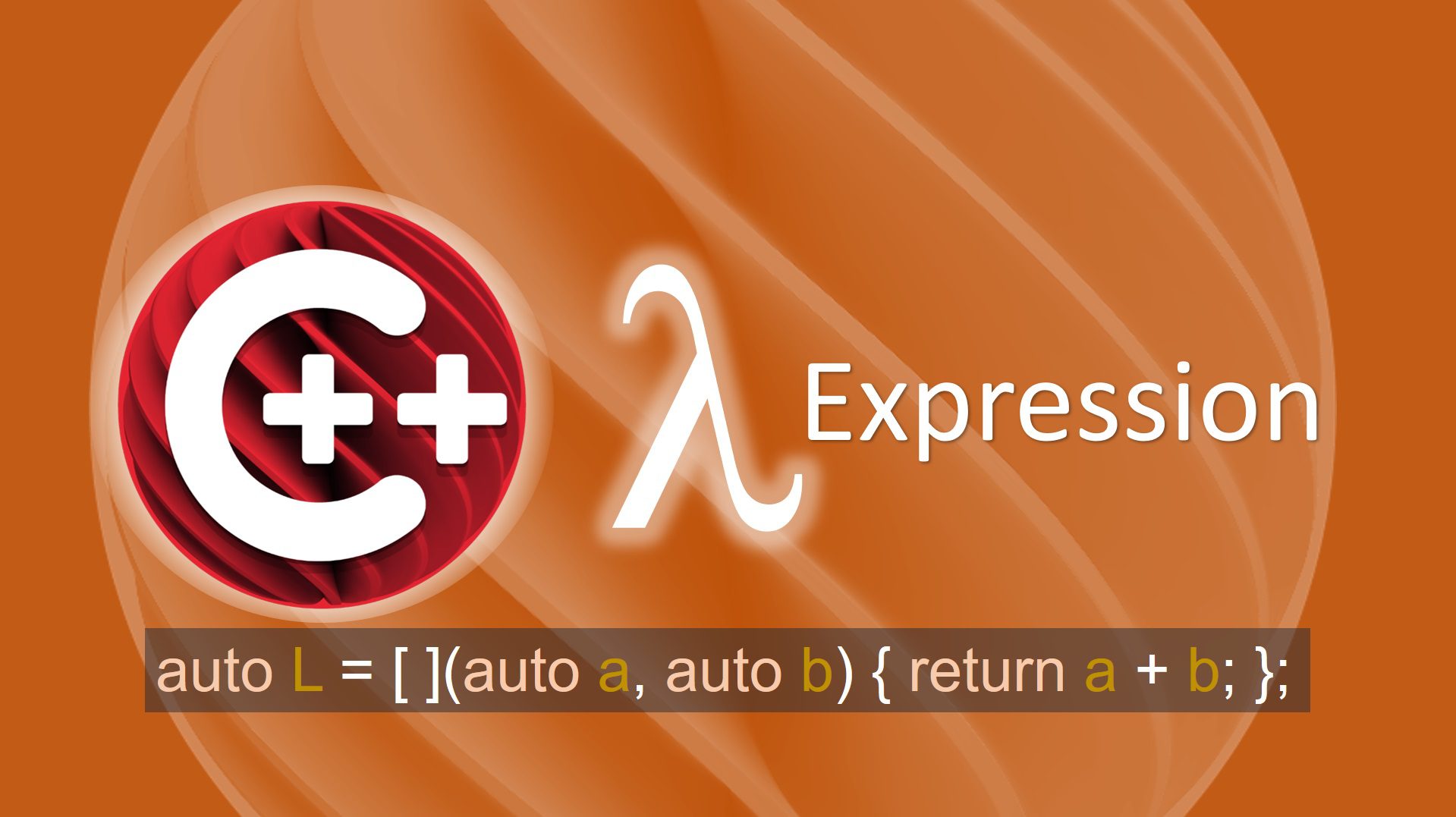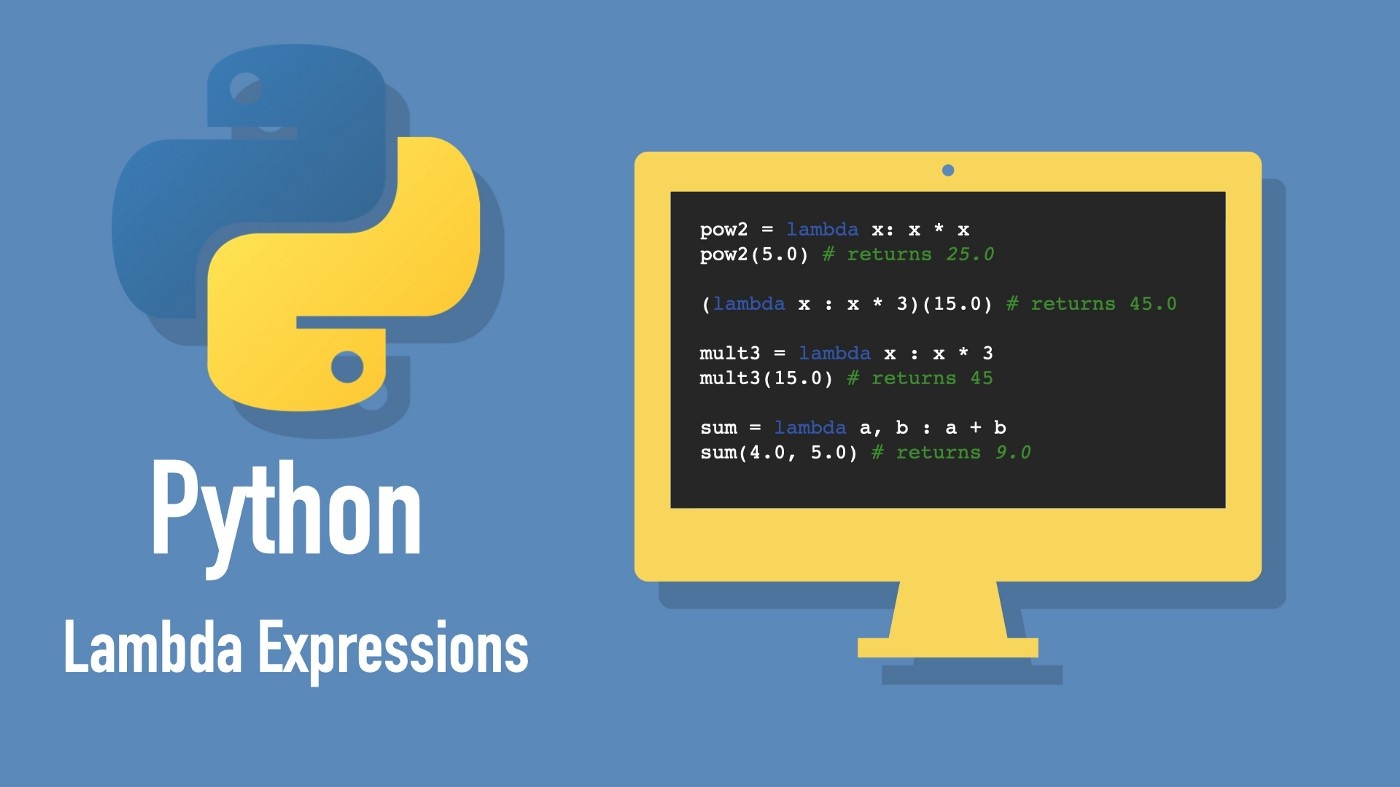Understanding mathematical analysis: A journey into the world of mathematics
Published

Fundamentals of mathematical analysis
Calculus is a central area of mathematics that deals with the fundamentals of continuous change and the concepts of functions and limits. In this area, mathematicians learn the fundamental principles of calculus, which form the basis for many other mathematical disciplines. One of the central concepts is the idea of continuity, which describes how a function behaves smoothly and without jumps. In addition, calculus involves the study of the derivative, which quantifies the change in a function at a given point. Integration, another key concept, makes it possible to calculate the area under a curve and is essential in physics, engineering and many other fields. The basics of calculus are fundamental to understanding complex mathematical relationships and form the foundation for advanced mathematical research and applications in science and engineering.
Continuity and differentiability: key concepts in analysis
The concepts of continuity and differentiability are of central importance in calculus. The continuity of a function describes how smoothly it runs, without jumps or gaps. This concept allows us to define mathematically precisely what it means for a function to be "continuous" at a point. Differentiability, on the other hand, is closely related to the rate of change of a function. A function is differentiable if its change can be calculated at any point in its domain. This leads to the derivative, an important tool in calculus that measures the rate of change of a function with respect to its independent variable. The derivative makes it possible to analyze extreme points, slopes of curves and much more. In combination, continuity and differentiability are the basis for understanding complex functions and solving differential equations, which are widely used in physics, engineering and other scientific fields.
Integration and the Fundamental Theorem of Analysis
Integration is one of the central concepts in calculus and plays a crucial role in many scientific and technical applications. It makes it possible to calculate the area under a curve and is a powerful tool for understanding and modeling fields such as physics, engineering, economics and statistics. The Fundamental Theorem of Calculus, often considered the core of integral calculus, combines the concepts of derivative and integration. It states that the derivative of a given integral function of a function is equal to the original function. This theorem forms the basis for calculating integrals and makes it possible to solve complex problems in a simpler form. Integration also opens up the world of indefinite integrals, introducing us to the family of functions that have a definite derivative. These concepts are not only important in pure mathematics, but also in practical applications such as calculating areas, volumes and in data analysis.
Sequences and series: convergence and divergence
Sequences and series are fundamental concepts in calculus that form the basis for understanding the convergence and divergence of mathematical sequences. A sequence is an ordered list of numbers that is often generated according to a certain pattern or rule. A series, on the other hand, is the sum of all the members of a sequence. The question of whether a sequence or series converges or diverges is of crucial importance, as it provides information on whether the sum or limit of the sequence exists. If a sequence or series converges, it approaches a certain value if enough links are considered. If it diverges, on the other hand, it tends towards infinity or has no clearly defined limit. The concepts of convergence and divergence are not only important in mathematics, but are also used in analysis, physics, engineering and many other fields. The study of sequences and series enables mathematicians and scientists to better understand and predict the behavior of mathematical models and physical systems.








